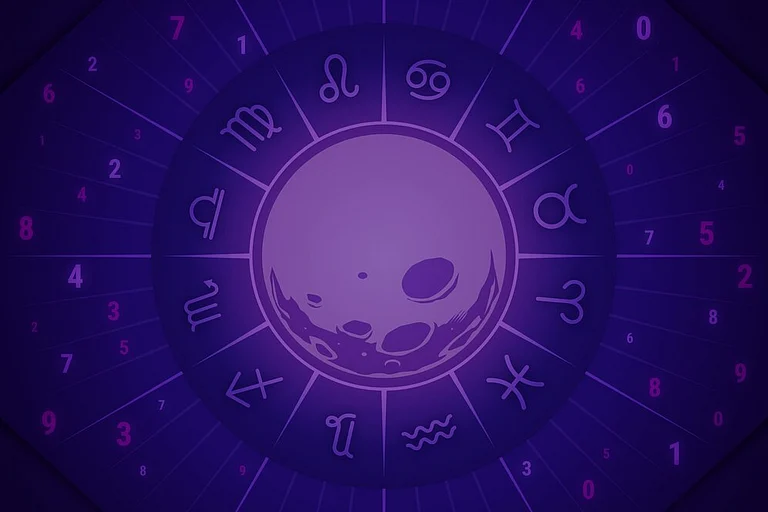From the air the islands look like seashells beaded sparsely, covered in a dense curl of thick-green coconut trees. There are 36 islands: the largest is less than 5 square km, the longest is 10 km end to end. An island typically stretches along the eastern edge of an atoll—and these are coral atolls, the only ones in India. The rest is lagoon—tranquil, clear, a lovely pale blue-green contrasting with the waves of the deep blue Arabian Sea. These lagoons and the corals harbour schools of bright, exotic fish. Above the marine spectacle, the people live in little houses hidden under coconut fronds. And like their miniaturised paradise, the roads are of concrete and narrow, just wide enough for a single vehicle on main routes. About 65,000 people live cheek by jowl in 10 habitable islands—dense undoubtedly, but the population growth is declining precipitously. Nobody goes hungry and the people are well-served for healthcare. It’s not much touristy, though there are necessarily limited tourist facilities on three inhabited islands. Bangaram—uninhabited for its water scarcity—has been made livable for a wonderful little resort.
The people have close ties with Kerala and speak Malayalam, except on Minicoy where they speak Divehi, the language of the Maldives. They are Muslim, and the lore is that Sheikh Obaidullah, a relative of the Prophet’s companion Abu Bakr, brought Islam to the islands in the 7th century. Religion is not a political issue, what you see is genuine piety. And I have never seen a more peaceful place. As the police website says the crime rate is the lowest in India—it wouldn’t surprise me if it were the lowest in the world.
Fishing and growing coconut remain the traditional occupations. But people are educated: the literacy rate is 93 per cent. Good schooling is available on each island and there are four colleges. Young people do higher studies and find work on the mainland. Transport has improved: there is enough passenger shipping, flights to the island of Agatti and a helicopter service too. Long before any of this, dhows linked the islands to the mainland for centuries: the people depend upon and identify with Kerala.
A Centre-appointed administrator heads the administration, exercising the powers of a state government. There is no assembly and he can issue regulations that have the force of law, though with the Union home ministry’s consent. He is not formally accountable to the islanders. If the administrator wants to listen to them, it’s easy in such a small population. There is an MP, a panchayat system and the people themselves: visit an island and they will gather round to tell you everything they want you to know. Past administrators did listen.
The islanders have been in soppy waters since the arrival of a new administrator, a small-time Gujarati politician. Some of his proposals are priceless: a regulation for the development of “national highways, arterial roads, ring roads” besides “railways, tramways, airports and canals” and powers to take possession of land for such among other purposes. How to react, laugh or cry? The next joke is to make Lakshadweep a tourist destination like the Maldives, which has about 300 islands, about 100 devoted to tourism. Lakshadweep does not compare and cannot sustain more tourism than it has. Anyway, who would cross the seas to travel those highways to nowhere, or take joyrides in trams? But from here, it grows nasty: ten-year jail for cow slaughter. The people do eat beef, but the agenda here is not hard to guess, more so with a provision for raising “cattle, horses, donkeys, mules, pigs…” There is prohibition except on the tourist island of Bangaram. It is proposed to lift it on inhabited islands, ostensibly for the sake of tourism, but again with an agenda. Prohibition doesn’t stop tourism in Gujarat: why lift it here against the wishes of a Muslim population?
There is a proposed “Goonda” law where there are no goondas, giving powers for preventive detention: in context, this will obviously be used to target people at whim. A canard about terrorism is being circulated, apparently following the interception of a boatful of armed terrorists from Sri Lanka. There have been wanton acts that look like cruelty, like introducing COVID-19 to the islands by lifting quarantine requirements, or demolishing temporary fishermen’s huts that they need for their work, on strictly technical grounds. The government is apparently looking into all this nonsense, but even if better sense prevails, something will be lost forever. The islanders’ fear of losing their land and the destruction of their habitat and way of life is real. The first duty of any government, for the sake of the islanders, the country and the planet, is to preserve the fragile ecology of these islands, their beauty and the way of life of the loveable people who inhabit them.





















